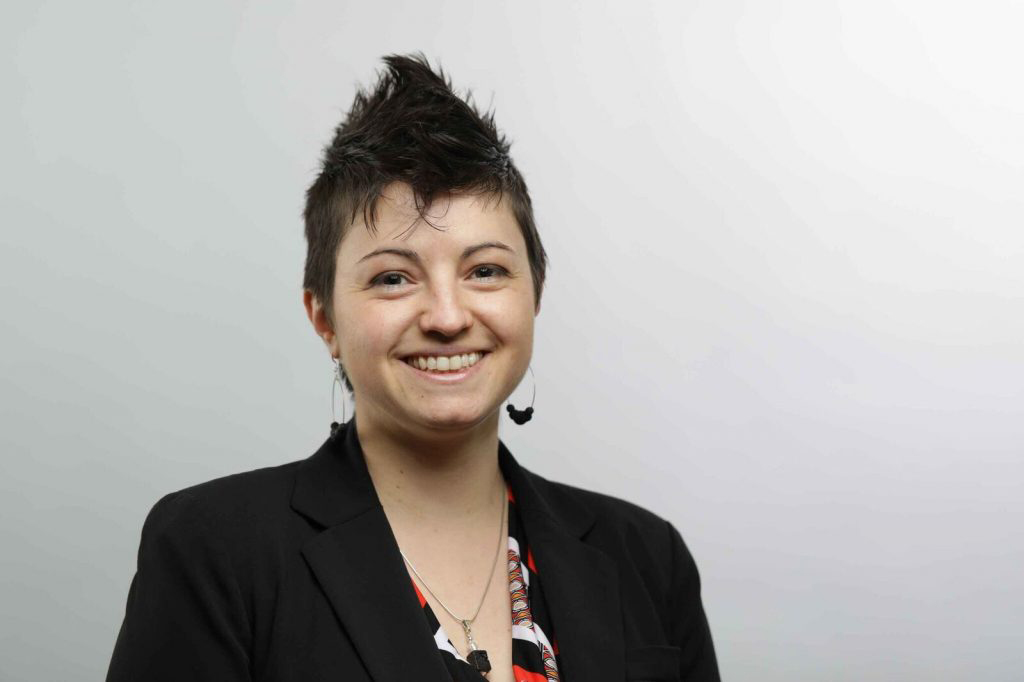
New Faculty: Sue Ishaq
Sue Ishaq recently joined the School of Food and Agriculture as an Assistant Professor of Animal and Veterinary Sciences.
Why UMaine?
I love the area, and I love the spirit of collaboration on campus, especially when it comes to connecting back to the state and putting our research into practice.
Please tell us about your teaching and research interests.
The majority of my work focuses on host-associated microbiomes and understanding lifestyle circumstances which select for communities. I want to know how we can recover a stable microbial community in humans and animals which have already gotten to the point of chronic microbial community dysfunction and disease. I have three overarching research goals: 1) to better characterize microbiomes using cutting-edge technology, 2) to use this characterization to determine the relation of community structure to system functionality and homeostasis in simplified models, and 3) to develop prevention and intervention therapies which can return a perturbed microbiome back into balance in vivo. I am interested in teaching courses on the gut microbiome and how it can be applied to understanding nutrition, health, and more.
When did you discover a passion for your specialty and what do you wish more people knew about it?
Originally I wanted to be a veterinarian, but in the first few weeks of my undergraduate program I realized it was different from what I had imagined and it wasn’t want I wanted. I decided to go to graduate school, and I wasn’t sure for what, but I knew that I didn’t want to do microbiology, genetics, or computer science. And then when I went back to graduate school, I focused on microbiology, genetics, and computer science. It’s important for people to know that it’s never too late to change your career path, and that being a good scientist isn’t about being a genius, it’s about working hard, thinking things through, and working well with others. Anyone can do science!
What are your predictions for your field in the near future?
I think people are just beginning to understand how complex the gut microbiome is, and I think in the near future it will become an aspect of a broad variety of fields.
